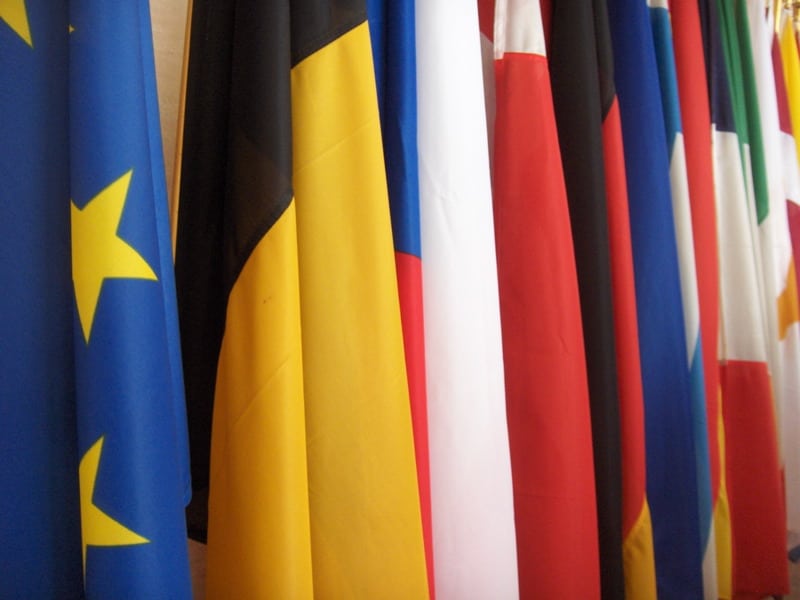 Image courtesy of Tristam Sparks on Flicker
Image courtesy of Tristam Sparks on Flicker
Trade Tariffs Leave the Door Open for Russia
On June 20th, the United States Institute of Peace held a talk titled “Russia: 21st Century Disrupter in Europe,” with key speakers Ambassador Francis Rooney and Congressman William R. Keating, both of whom are members of the House Foreign Affairs Subcommittee on Europe, Eurasia, and Emerging Threats. The purpose of this event was to discuss Congress’ efforts to counter Russian aggression. One of the key points that Rooney and Keating stressed was the need for the US to strengthen its trans-Atlantic relationship with its allies. One of the best ways to do this is instituting a free trade agreement.
It seems that the US is currently moving away from a free trade agreement after President Donald Trump place trade tariffs on many US allies in the EU and NATO. According to Congressman Keating, we should be moving in the exact opposite direction of trade tariffs. These tariffs are putting serious strains on some of the United States’ most important alliances that have existed for decades. The European Commissioner for Trade, Cecilia Malmström, said in her statement on the tariffs, “Throughout [our] talks, the US has sought to use the threat of trade restrictions as leverage to obtain concessions from the EU. This is not the way we do business, and certainly not between longstanding partners, friends, and allies.” From the way events have unfolded, it seems that a trade war is imminent.
Trade tariffs are not only threatening the world order as we know it, but the state of the US economy as well. By instituting tariffs, the US will likely experience an overall decline in output and employment. Additionally, if the US allows for temporary effects on global supply chains, production could be disrupted. Overall the effects of tariffs will most likely harm the economy in the long run.
At today’s event, Ambassador Rooney and Congressman Keating argued that the United States and its allies should use trade and economics to exert influence and control over Russia, which has a pointedly weaker economy. However, the US and its allies cannot effectively exert economic influence over Russia, whether that influence would be positive (incentives) or negative, if their own economies are damaged by trade tariffs and a trade war. This gives Russia the opportunity to continue taking steps that threaten the national security of the US, such as constructing the Nord Stream 2 pipeline or sending more military troops to Ukraine and other countries.
At this point in time, it seems that the US needs to reconsider instituting trade tariffs, especially on its EU and NATO allies. Instead, the US should work towards a trade agreement with these allies in order to maintain the stability of its economy, strengthen its trans-Atlantic relationships, and protect its national security. The situation with Russia needs to be handled sooner rather than later.





